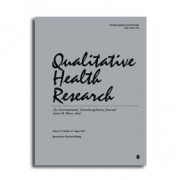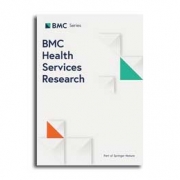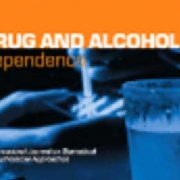What are the sources of patient feedback in UK prisons?
Researchers from Spectrum Community Health, in partnership with the University of York, have published a qualitative exploration of patient experience in UK prisons.
Interviews were conducted in two UK prisons (one female and one male) to identify the source of patient experience feedback, as well as what patients and healthcare staff think about giving or receiving feedback.
The willingness of patients to give feedback depends on whether or not they felt comfortable to raise concerns (some may be frightened or apprehensive to), and patients will be disheartened if no outcomes are offered after feedback. Healthcare staff note that the majority of feedback they receive is regarding the prison regime, rather than care. Suggestions for improving patient experience in prisons are proposed.
To read the full paper, please visit: https://pxjournal.org/cgi/viewcontent.cgi?article=1603&context=journal










